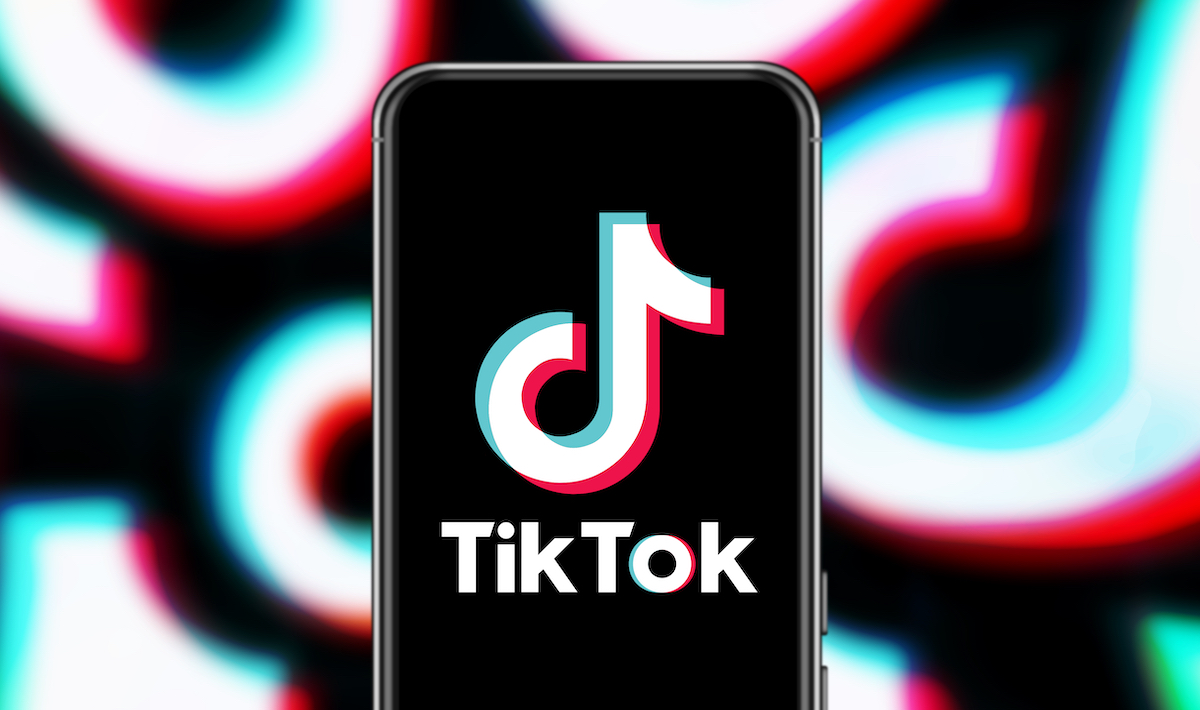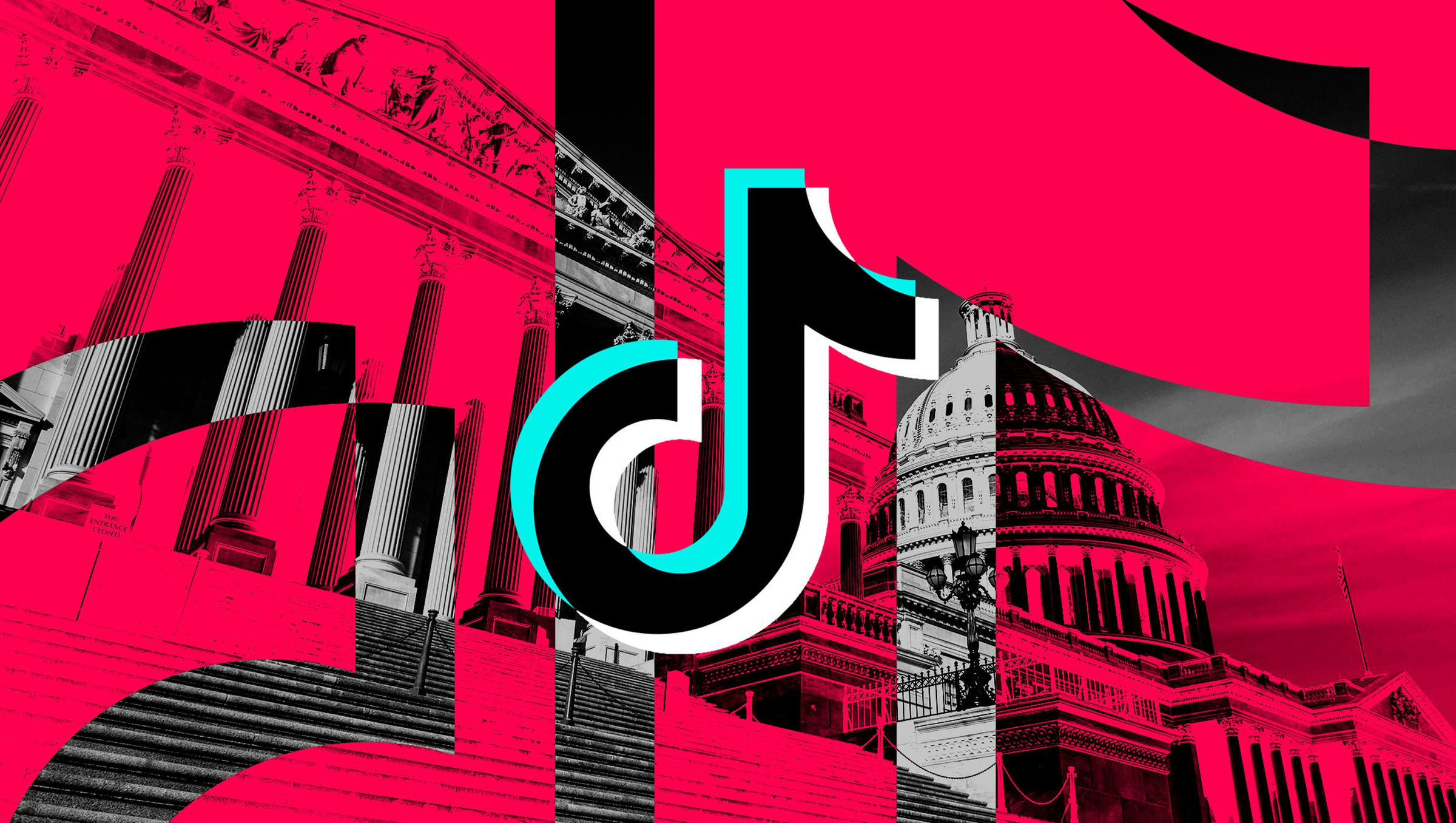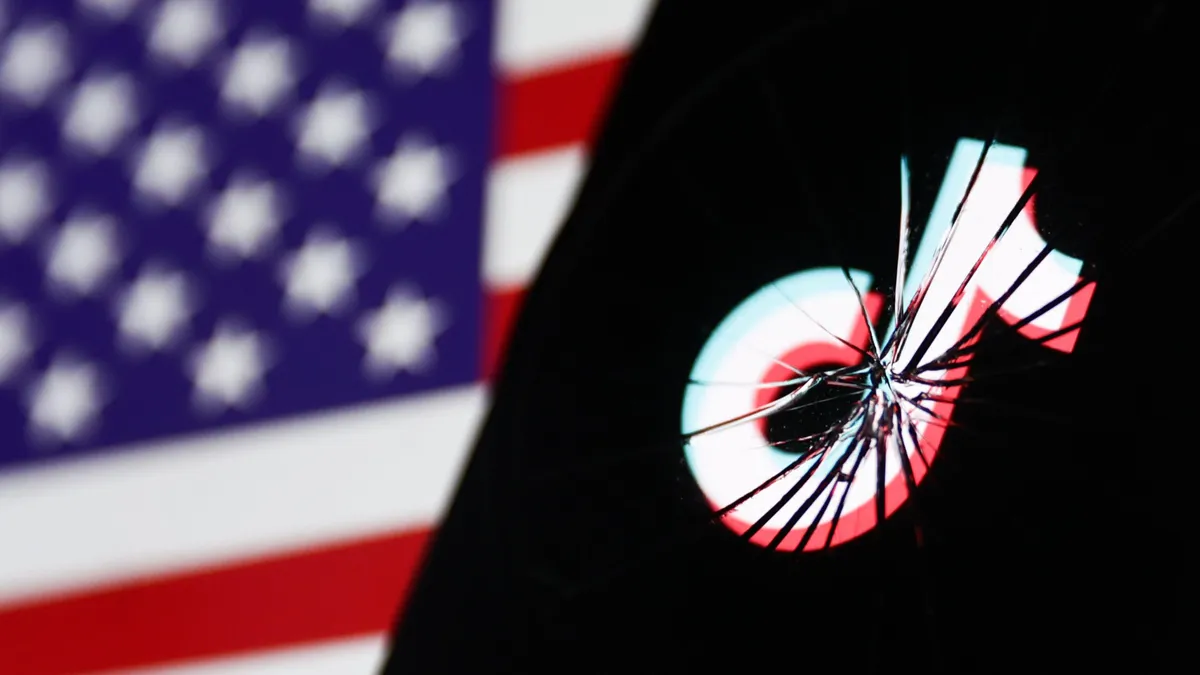As the clock ticks down on a potentially transformative deadline, TikTok’s parent company, ByteDance, has intensified its legal manoeuvres against a contentious U.S. law. The legislation threatens to either compel the sale of the popular video-sharing app or enforce a sweeping ban, raising alarms over free speech implications and international business operations.

A Race Against Time and Legislation
In a decisive move, ByteDance petitioned a federal appeals court in the District of Columbia to fast-track its lawsuit contesting the U.S. mandate. This legal challenge underscores the urgency with which the China-based tech giant is acting to avert what it deems “irreparable harm.” The appeal, backed not only by ByteDance but also by a collective of TikTok creators, emphasizes the critical nature of the situation. These creators, who have also filed a lawsuit to block the ban, argue that the looming January 19 deadline to divest the app places unreasonable constraints on their livelihoods and the platform’s operational viability.
President Joe Biden, citing national security concerns about potential data privacy breaches and undue influence from the Chinese government, ratified the law this past April. The statute is groundbreaking in its specificity and severity—targeting a singular platform with a nationwide prohibition that could disconnect over a billion users globally from TikTok’s sprawling digital community.

Constitutional Controversies and Courtroom Battles
At the heart of TikTok’s legal argument, backed by ByteDance, is a formidable defense of free speech. The company’s lawsuit claims the U.S. law uniquely and unfairly singles out TikTok, setting a dangerous precedent for selective censorship and regulation of digital platforms. The 67-page legal document filed by TikTok, owned by ByteDance, articulates a stark scenario: a future where legislative actions could systematically dismantle digital communities under the guise of security without substantial justification.
The potential for this legal confrontation to escalate to the highest levels of the U.S. judiciary system is high. Analysts like Matthew Schettenhelm from Bloomberg Intelligence suggest that the complexities of this case could eventually lead it to the Supreme Court’s docket. If the DC Circuit Court agrees to expedite the proceedings, a Supreme Court judgment could arrive as early as the second quarter of 2025, offering a conclusive verdict on the intertwined issues of national security, free speech, and international commerce.

ByteDance’s Legal Battle: Implications Beyond TikTok
The implications of this legal battle extend far beyond the courtrooms of Washington, D.C. They resonate in the hallways of global tech companies, the offices of policymakers, and the everyday lives of the billion-plus TikTok users worldwide. As TikTok urges the appeals court to hasten their deliberations by setting a decision deadline of December 6, the company aims to secure enough leeway for any necessary appeals to the Supreme Court.
This case not only tests the resilience and adaptability of TikTok as a platform but also challenges the U.S. legal framework’s ability to balance national security interests with the principles of free expression in the digital age. As stakeholders from various sectors watch closely, the outcome of this legal challenge could set a significant precedent for how the U.S. and other governments interact with global tech giants in an increasingly interconnected world.


